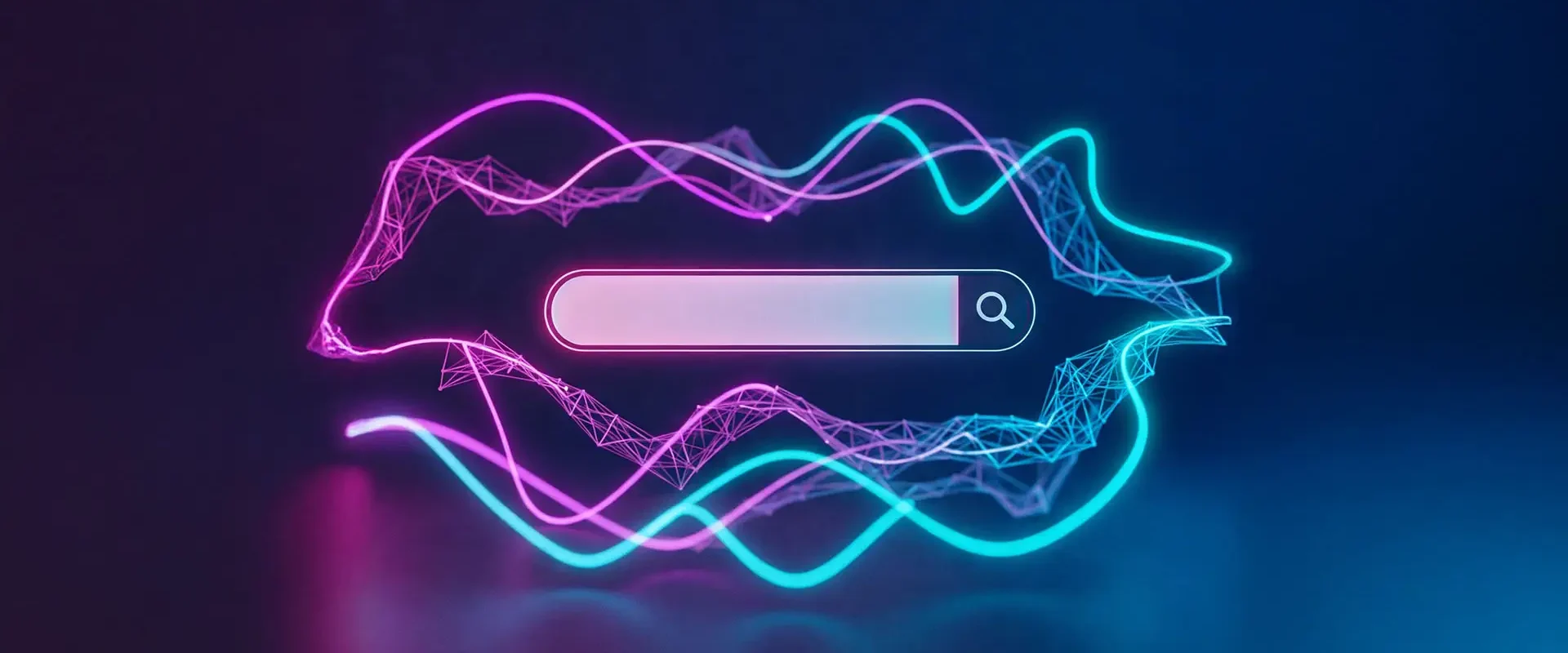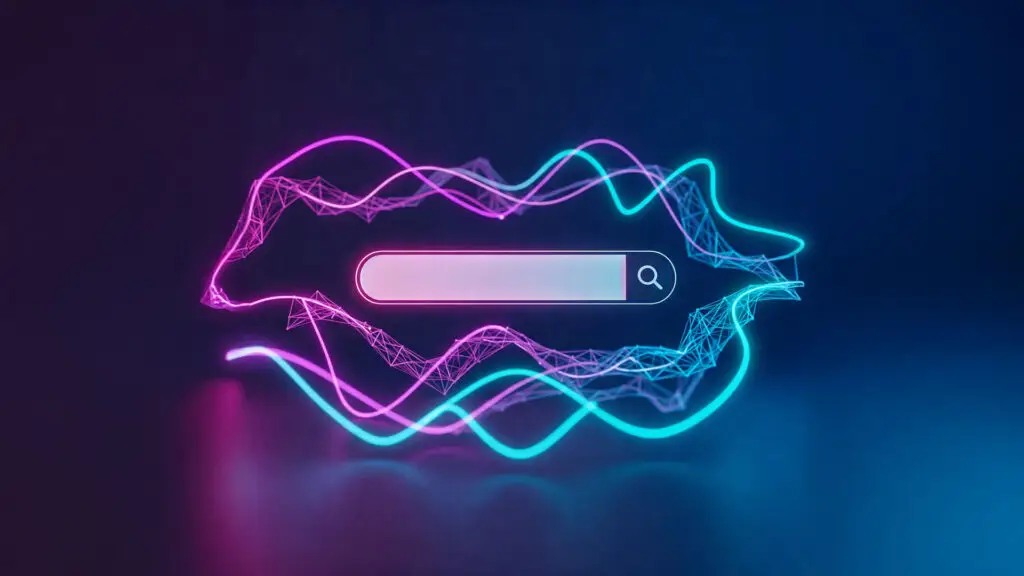When the invitation to attend Google’s Creator Summit landed in my inbox, I’ll admit my first reaction was skepticism. As a digital marketer who has weathered countless algorithm changes and platform pivots, I’ve developed a healthy wariness toward big tech “creator events” that often promise insight but deliver little beyond carefully scripted corporate messaging.
I couldn’t have been more wrong.
The two-day summit held at Google’s Mountain View campus turned out to be one of the most valuable professional experiences I’ve had in years. Rather than share a chronological account of the event, I want to focus on the substantive insights that could actually impact how we approach content creation and digital marketing in the coming year.
The Changing Relationship Between Search and Creators
If there was one consistent theme throughout the summit, it was Google’s evolving perspective on content creators. There’s been a noticeable shift from viewing creators merely as producers of indexable content to recognizing them as essential partners in Google’s ecosystem.
Danny Sullivan, Google’s Search Liaison, addressed this directly in his opening keynote: “Search only works when creators succeed. We’re committed to building a sustainable ecosystem where quality content creators can thrive.”
This isn’t just rhetoric. Several upcoming changes to search suggest Google is genuinely rethinking how to better attribute and reward original content:
Content Attribution Beyond Links
A fascinating session led by Elizabeth Tucker, Product Lead for Search Experience, revealed that Google is developing more sophisticated methods to identify and attribute original reporting and research.
“We recognize that traditional backlinks don’t always adequately credit the original source of information,” Tucker explained. “Our systems are increasingly looking at multiple signals to identify originators of concepts, research, and reporting—even when those sources aren’t explicitly linked.”
This has significant implications for creators who invest in original research or reporting but often see their work repurposed across higher-authority domains without proper attribution.
Creator Profiles Integration
Perhaps the most concrete evidence of this shift was the preview of enhanced creator profiles in search results. Currently being tested with a limited group of creators, this feature displays a verified creator card when users search for topics where you’ve demonstrated expertise.
The implementation goes beyond simple author markup by connecting content across different platforms and formats. For example, if you create content about sustainable gardening across a personal blog, YouTube, and guest posts on other sites, Google is working to connect these pieces under your creator identity—potentially boosting visibility for your expertise regardless of where the content appears.
“We want to help users find trusted voices on topics they care about, regardless of platform,” explained Jessica Cui from the Search Experience team.
AI and the Future of Content: Straight Talk
No creator event in 2025 would be complete without addressing AI content generation. Unlike most corporate events that either overhype AI capabilities or avoid acknowledging concerns, Google’s approach was refreshingly practical.
Lily Ray, Senior Director of SEO at Path Interactive and a featured external speaker, laid out the reality plainly: “AI is simultaneously the biggest opportunity and challenge content creators have ever faced.”
Google representatives were surprisingly candid about how their systems evaluate AI-generated content. A technical session led by Martin Splitt from the Search Relations team clarified several misconceptions:
“We don’t have an ‘AI content detector’ that automatically demotes content,” Splitt explained. “Our systems are designed to reward helpful content that demonstrates expertise, regardless of how it was produced. The issue isn’t whether you use AI tools—it’s whether your content adds value beyond what AI alone can produce.”
This distinction is crucial. Rather than focusing on avoiding AI detection, the guidance emphasized using AI as an enhancement rather than a replacement for human expertise:
“Ask yourself: What are you adding that an AI pulling from public data can’t? Your firsthand experience, unique research, proprietary data, or specialized expertise are what will differentiate your content in the age of AI generation.”
The Return of Community in Digital Marketing
One of the most unexpected themes that emerged wasn’t about technology at all—it was about community. Across multiple sessions, both Google speakers and successful creators emphasized the growing importance of building loyal, engaged communities rather than chasing viral reach.
“The algorithms across all platforms are increasingly rewarding engagement depth over breadth,” noted Talia Goldberg, who leads audience development for several major creator programs at Google. “We’re seeing that content with deep engagement from smaller, dedicated audiences often outperforms content with superficial engagement from larger audiences.”
This represents a significant pivot from the growth-at-all-costs mentality that has dominated digital marketing for years. Several case studies presented showed that creators with highly engaged communities were proving more resilient to algorithm changes and more successful at monetization than those focused purely on maximizing impressions.
Practical strategies shared for community building included:
Creating content that specifically addresses the questions and challenges faced by your core audience rather than attempting to capture the broadest possible interest.
Developing participation frameworks that transform passive audiences into active communities. This includes structured ways for audience members to contribute, collaborate, and connect with each other.
Focusing on “minimum viable audience” over maximum possible reach—identifying the smallest sustainable audience that can support your work, then serving them exceptionally well.
Building cross-platform community continuity, ensuring that community members can maintain connection with your work regardless of individual platform changes.
The Metrics That Actually Matter in 2025
A data-focused session led by Google’s analytics team revealed fascinating insights into how content performance measurement is evolving. The key takeaway: many of the metrics we’ve historically optimized for are increasingly poor predictors of long-term content success.
“Time-based metrics like ‘average time on page’ are being replaced by interaction metrics that better measure actual engagement,” explained David Chen from Google’s Analytics team. “We’re seeing that meaningful interactions—comments, highlights, saves, shares to private groups rather than broadcast shares—correlate much more strongly with content that performs well over time.”
This aligns with the shift toward quality signals that Google’s search algorithms are increasingly prioritizing. Several new analytics features were previewed that will help creators better understand how users are actually engaging with their content beyond surface-level metrics.
One particularly interesting revelation was how “content longevity” is becoming a key quality signal. Content that continues to receive engagement long after publication is increasingly being recognized as more valuable than content that receives a spike of attention but quickly fades.
“Sustainable success looks more like a long, steady burn than a bright flash,” noted Chen. “We’re developing new ways to help creators identify their evergreen content that continues to deliver value over time.”
Mobile-First Is Now Voice-First
While mobile optimization has been standard practice for years, the summit made clear that we’re entering a new era where voice-driven interaction is becoming the primary consideration for many search contexts.
“Over 40% of searches now have voice as a component in the user journey,” revealed Sarah Thompson from Google Assistant’s team. “This fundamentally changes how people express their needs and how they consume information.”
The growth of voice search is creating new opportunities for creators who adapt their content to voice-friendly formats. This goes beyond just featured snippets to thinking about how information is structured for conversational discovery and consumption.
Practical guidance included:
Structuring content for natural language queries by anticipating conversational questions rather than just keywords.
Developing direct, concise answers to common questions while still providing depth for users who want to explore further.
Creating content that works in multi-modal contexts, recognizing that voice searches often lead to visual results on devices with screens.
Considering the entire voice journey, not just the initial query—how does your content connect to potential follow-up questions?
Looking Forward: Creator Initiatives for 2026
The summit concluded with previews of several creator-focused initiatives Google plans to roll out over the next 12 months:
Enhanced Creator Studio: A unified dashboard for monitoring content performance across Google properties, including Search, Discover, and YouTube, with AI-powered recommendations for content optimization.
Expertise Verification Program: An expanded system for verifying subject-matter expertise that will influence visibility for topic-specific queries.
Creator Insights API: New developer tools that will allow creators to access more granular data about how users discover and interact with their content across Google services.
Content Experiments Framework: A structured way to test content variations with measurable outcomes directly integrated with Google Analytics.
Reflections on the Path Forward
As I flew home from Mountain View, I found myself feeling genuinely optimistic about the future of content creation—something I haven’t experienced in some time. The event left me with three core convictions about where we’re headed:
1. Expertise Is the New Authority
While domain authority will remain important, Google is clearly working to better identify and elevate individual expertise. Creators who can demonstrate genuine knowledge and insight in specific areas will likely see growing advantages in visibility, regardless of where their content appears.
2. AI Will Augment, Not Replace
The most successful creators won’t be those who reject AI tools nor those who rely on them exclusively. Instead, the advantage will go to those who skillfully use AI to amplify their unique human contributions—their original research, personal experience, specialized knowledge, and distinctive voice.
3. Sustainable Creation Is Replacing Growth Hacking
The era of quick wins and growth hacks appears to be waning. Both the algorithm changes and the new metrics being developed suggest a future where consistent, valuable content creation over time will outperform optimization tricks and viral tactics.
For our team at Incredible Roots, these insights are already reshaping our content strategy. We’re investing more in developing demonstrable expertise in our core areas, building systems to facilitate deeper community engagement, and focusing on creating content with lasting value rather than temporary visibility.
If there’s one message Google seemed intent on conveying, it’s that they’re increasingly able to recognize and reward the kind of content that genuinely helps people—and that’s an algorithm change we should all be able to get behind.


